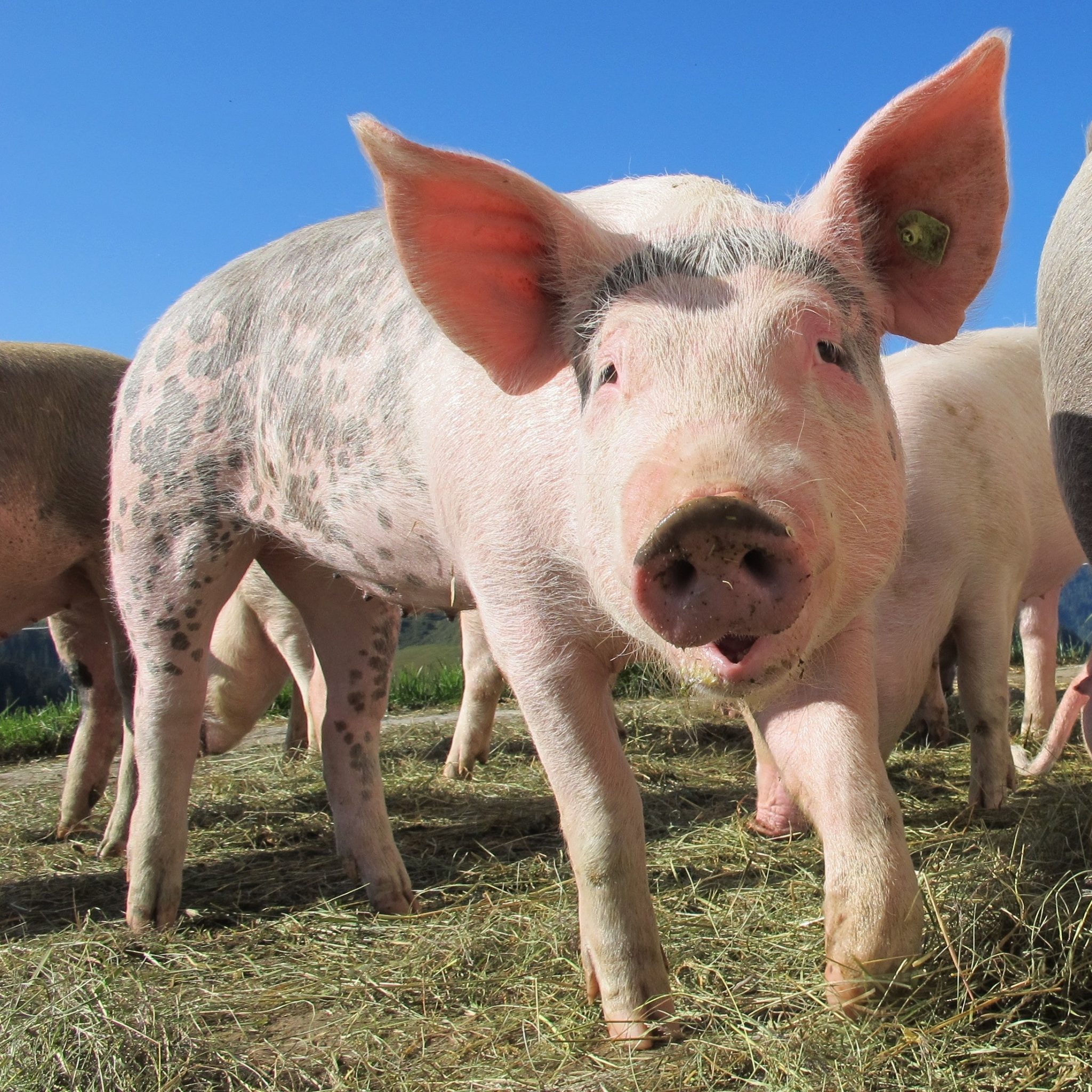High Alert For Prevention Of African Swine Fever
By: , September 17, 2021The Full Story
“Protect your farms, protect your investment”.
That’s the call from the Veterinary Services Division (VSD) in light of the recent re-emergence of African Swine Fever in the Caribbean.
Though African Swine Fever cannot be transferred from animals to humans, this highly contagious and deadly viral disease can quickly wipe out the swine population. Discovered in Kenya in 1921, the disease affected both domestic and wild pigs, spreading as far as Brazil, Hispaniola and Cuba.
In 2018, China lost more than half of its entire pig population, which equates to 150 million pigs, from the disease. China’s reality may be in the past and far away in Asia; however, the presence of the disease rests one 755 kilometre plane ride east of Jamaica, in the La Altagracia province in the Dominican Republic.
Eighteen of that country’s 32 provinces have been infected with the disease, with 51,000 pigs slaughtered as a result of the illness. Currently, Jamaica enjoys being free from African Swine Fever, but that reality can be shattered if tight surveillance measures are not maintained and if Jamaicans do not play their part.
Enter the VSD, which has a critical role in monitoring the animals and meat that enter the country. Chief Veterinarian at the VSD, Dr. Osbil Watson, said prior to this re-emergence, the last known case of the disease was about 40 years ago in the 1980s.
“You know, it’s frightening, because no other country in the Americas is reporting it, so far, in recent times. Every single country in every single continent in the Americas from South America, all the way up to North America, Canada, the United States, Central America and the Caribbean, we are all concerned, based on the devastating nature of this disease,” Dr. Watson said.

“This disease can literally wipe out your entire swine population. The mortality rate from the disease is up to 100 per cent and you will know that they have it because your pigs start to die. Sometimes, they start to die without showing any signs. Sometimes they may have a fever, they go off feed, they may have diarrhoea and they may show some other signs,” he explained.
From observing the symptoms alone, persons may not always be able to know that the illness is African Swine Fever, as other diseases manifest with fever and reddening of the skin.
“But then we don’t take anything for granted, once we see something wrong, then we call for help, find the experts to determine what exactly is happening. So, what then is the plan of action? Dr. Watson noted that all Jamaicans have a role to play in keeping the disease out of the country.
At the level of government and regulators, the VSD is working with the Jamaica Customs Agency to minimise the entrance of any illegal pork products through the island’s borders.
“We know that persons may try to smuggle in a piece of ham or sausage. Sometimes someone may get a bacon or sausage on a flight or coming from off a ship, we ask that whatever they get on the aircraft on the vessel, leave it on the vessel; do not take it off, because they might just the taking off the virus that causes African Swine Fever or other viruses that can affect our animals,” Dr. Watson explained.
If the African Swine Fever enters the island, the VSD has an emergency plan of action that will be implemented to contain the spread of the disease.
“We want to make sure and we are always looking ahead. We have a team that is looking at an emergency surveillance plan and to see how we can tweak it to ensure that it works.”
Farmers are also expected to play a major role in prevention by practising good biosecurity measures. This refers to a series of management steps and practices implemented to prevent the introduction of infectious agents into a herd or flock. These measures also prevent the spread of these agents through the herd and out of the herd to other herds or flocks.
Dr. Watson said it would be ideal for farmers to maintain high levels of hygiene and sanitation at the farm and also to ensure that movement on and off the farm is controlled.
“We should not be allowing visitors on to our farm and we should ensure that even the vehicles that are used on the farm are tended to. If they go on to the major thoroughfare, farmers should put in place a wheel bath system that when the vehicle is returning from off the street, it can be appropriately sanitised to reduce the incidence of spread of any virus or bacteria or untoward pests on to those farms,” Dr. Watson noted.
Farmers are being advised not to facilitate persons from overseas who wish to visit their farms. Farmers are also being cautioned to ensure they are clean before interacting with their livestock.
“If the farmer goes on the road, do not walk into the pigpen with the clothes that you wore on the road; change it. Sanitise the boots to ensure that you do not take any virus or bacteria that you could have possibly come into contact with on the street outside of the farm. Our farm biosecurity is critical to the prevention process. The farmers are important to us in ensuring that that they keep their farms locked. That is one of the main ways of keeping African Swine Fever out of the swine population,” Dr. Watson expressed.
The Chief Veterinarian also mentioned that the VSD is working to strengthen its ability to diagnose the disease.
“We are way advanced in procuring the necessary diagnostic reagents for this disease. We are wasting no time, because the threat is real. It’s for all of us to ensure that we keep this disease out because there is no cure and presently no vaccine. Should the disease get to a country, the only way of getting rid of a disease is to depopulate, literally to kill all the pigs that would have been infected or are in contact with infected ones. [This disease] can wipe out a pig population. We want everyone to recognise how serious it is, and be on board with us to ensure that we keep this thing out of Jamaica as best as we can,” Dr. Watson said.
For more details on the work of the Veterinary Services Division call 876-977-2489.

